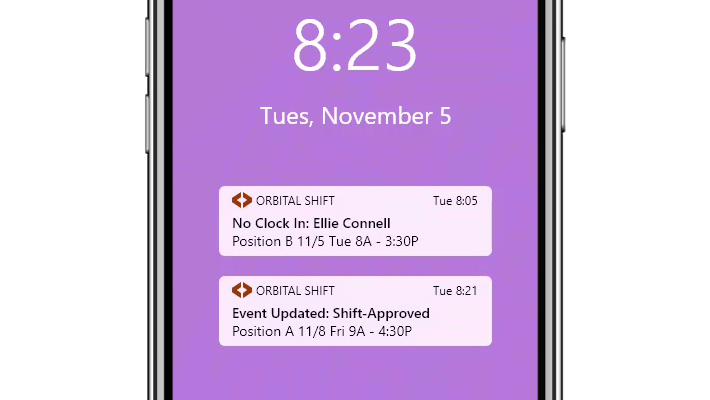You know, I’ve been thinking a lot lately about what it takes to turn a struggling team around, especially after watching The Soaring Falcons snap their three-game losing streak with that methodical 77-62 win over the University of the East at Blue Eagle Gym. It got me wondering—who will be the next Boston Celtics NBA coach and lead the team to victory? I mean, if a college team can pull off such a disciplined performance, surely an NBA franchise with the Celtics’ legacy can find the right leader to steer them back to glory. As someone who’s followed basketball for years, from local leagues to the pros, I’ve seen how coaching changes can make or break a season. Let me walk you through what I think it’ll take, step by step, drawing from that UAAP game as a mini-case study.
First off, identifying the right candidate isn’t just about picking a big name—it’s about finding someone who can instill a methodical approach, much like how The Soaring Falcons executed their plays. They didn’t rush; they built their lead steadily, focusing on defense and ball movement. For the Celtics, that means looking for a coach who emphasizes fundamentals over flashy tactics. I’d start by scouting coaches with a track record in player development, maybe from the assistant ranks in the NBA or even successful college programs. Personally, I lean toward someone like a Brad Stevens protégé, because Stevens brought that analytical mindset to the front office, and the team needs continuity in philosophy. But hey, don’t just take my word for it—look at the numbers: in that Falcons game, they held UE to just 62 points, which shows how defense can win games even when offense isn’t firing on all cylinders. The Celtics, who averaged around 112 points per game last season but struggled in clutch moments, need a leader who can tighten up their D without sacrificing scoring.
Next, let’s talk about implementation. Once you’ve shortlisted candidates, the real work begins in integrating their system. From my experience watching teams transition, it’s all about communication and buy-in. The Falcons’ victory wasn’t a fluke; it came from players buying into a game plan and executing it with precision. For the Celtics, the new coach should hold intensive training camps focused on situational drills—like how to close out quarters or handle full-court presses. I’d recommend starting with film sessions, breaking down games like that UAAP match to show players how disciplined play leads to wins. But here’s a caution: don’t overhaul everything overnight. I’ve seen teams crash and burn because coaches came in too strong, changing systems that players were comfortable with. Instead, phase in adjustments, maybe tweak the offensive sets to prioritize ball movement, which the Falcons did brilliantly with their 77-point outing. Also, pay attention to locker room dynamics—a coach who can connect with stars like Jayson Tatum and Jaylen Brown is crucial. In my opinion, someone with a player-friendly yet firm approach would thrive, avoiding the pitfalls of past regimes that maybe focused too much on stats over morale.
Now, onto sustaining success. This is where many teams falter, but if the Celtics get it right, they could be contenders for years. The Falcons’ win halted their skid, but the real test is maintaining that momentum—similarly, the Celtics’ next coach needs a long-term vision. I’d suggest embedding a culture of accountability, where every player knows their role, much like how the Falcons distributed scoring in their victory. For instance, in that game, they didn’t rely on one star; it was a team effort, and that’s how you build resilience. Data-wise, think about it: teams with strong coaching stability, like the Spurs under Popovich, have win percentages hovering near 70% over decades. The Celtics should aim for that by giving the new coach at least a 3-year leash, with clear benchmarks—say, making the playoffs in year one and the Conference Finals by year three. But watch out for burnout; I’ve seen coaches push too hard and lose the squad’s trust. Balance is key—mix in rest days and team-building activities, something I wish more organizations did based on my observations.
Wrapping it up, the question of who will be the next Boston Celtics NBA coach and lead the team to victory isn’t just about a hire; it’s about crafting a legacy. Reflecting on The Soaring Falcons’ methodical win, it’s clear that the right leader can transform pressure into progress. I’m optimistic that if the Celtics focus on a coach who blends strategy with heart, they’ll not only end their own struggles but soar to new heights. After all, basketball’s beauty lies in those turnarounds, and I, for one, can’t wait to see it unfold.


